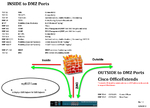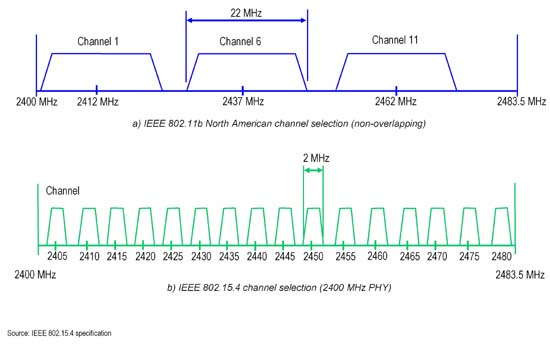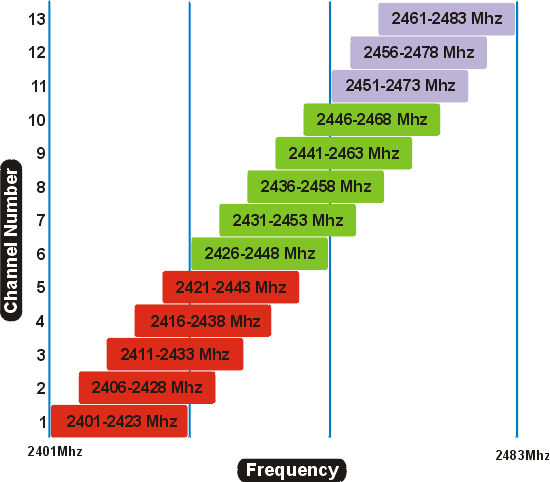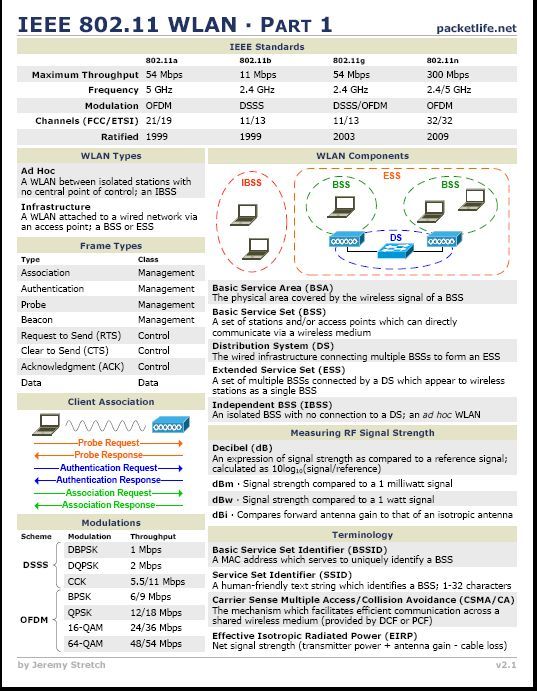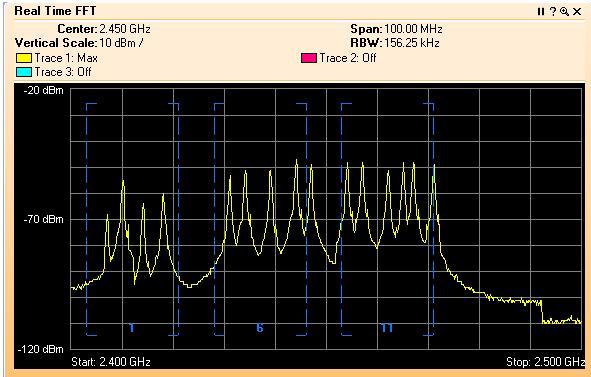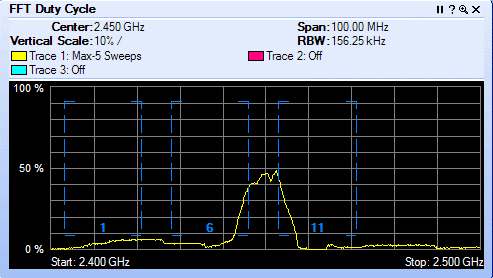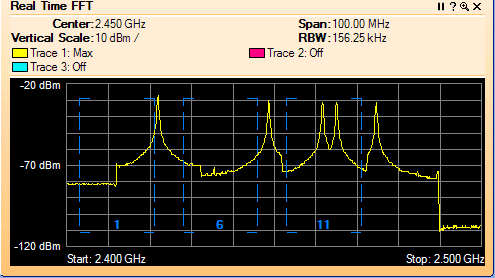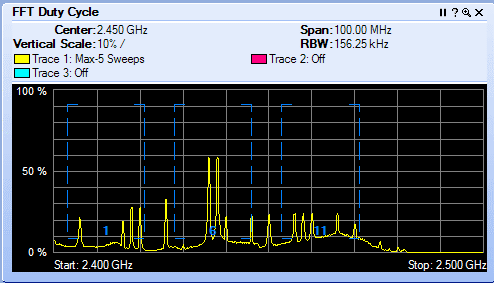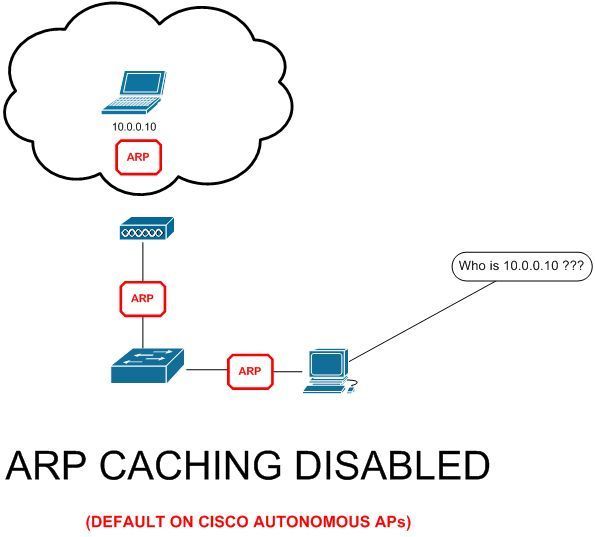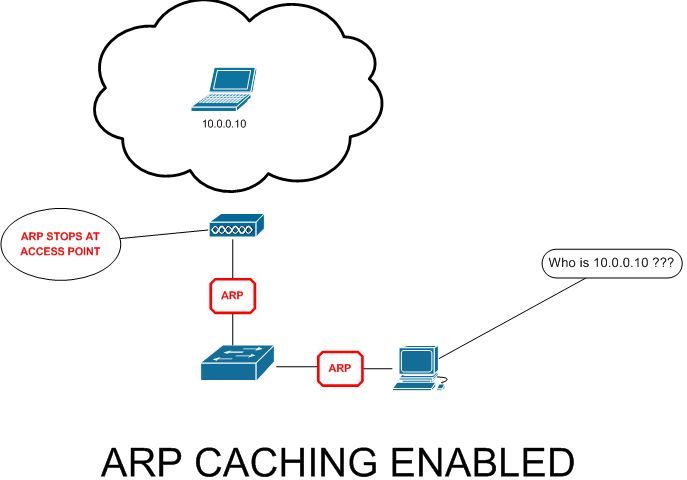

ARP Caching at the access point isn't something normally deployed in the field in my experience, but I wanted to cover it here. I've done limited testing with this "nerd knob" function in the field. If you have this in production I would like to hear your feedback!
ARP caching on an access point reduces the traffic on your wireless LAN by stopping ARP requests for client devices at the access point. The good is that you lessen the ARP traffic and lessen the use of the wireless medium. There is also a security benny. If you are familiar with aireplay-ng it works by capturing the ARP packet and replaying it back to the AP to generate traffic. By blocking the ARP at the AP you lessen the upstream ARPs to the wireless clients to be sniffed, but you still have down stream ARPs (wireless clients to LAN).
ARP CACHE DISABLED:
ap(config)#no dot11 arp-cache <-- Negate dot11 arp-cache with "NO"
When ARP caching is disabled (its is by default), the access point forwards all ARP requests through the radio port to associated clients, and the client to which the ARP request is directed responds.
See FIG 1.
ARP CACHE ENABLED:
ap(config)#dot11 arp-cache <-- dot11 arp-cache ENABLED
When ARP caching is enabled, the access point responds to ARP requests for associated clients and does not forward requests to clients. When the access point receives an ARP request for an IP address not in the cache, the access point drops the request and does not forward it. Did your ears just perk up!? See Fig 2
ARP CACHE OPTIONAL:
ap(config)#ap(config)#dot11 arp-cache optional <-- dot11 arp-cache OPTIONAL
When legacy and non-Cisco client devices are associated to an access point and not passing data, the access point might not know the client’s IP address. If this situation occurs frequently on your wireless LAN, you can enable optional ARP caching. When ARP caching is optional, the access point responds on behalf of clients with IP addresses known to the access point but forwards out its radio port any ARP requests addressed to unknown clients. When the access point learns the IP addresses for all associated clients, it drops ARP requests not directed to its associated clients.
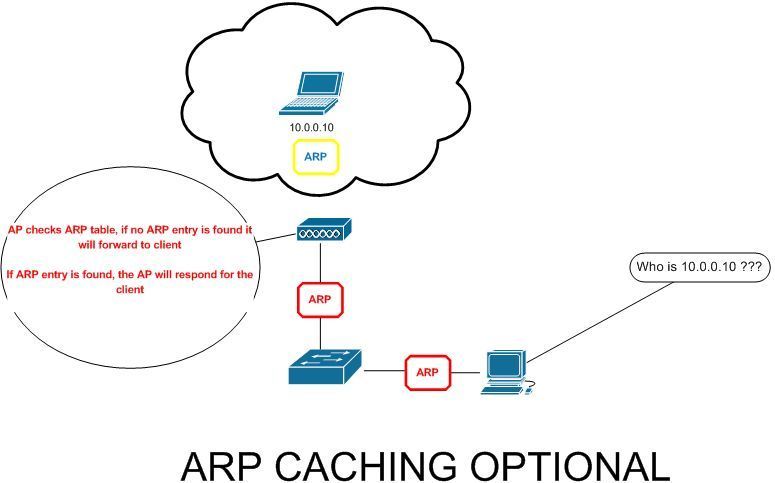
 Monday, October 15, 2012 at 11:21AM
Monday, October 15, 2012 at 11:21AM  AP,
AP,  BUG,
BUG,  Controller,
Controller,  TAC,
TAC,  WLC,
WLC,  access point,
access point,  cisco
cisco 



